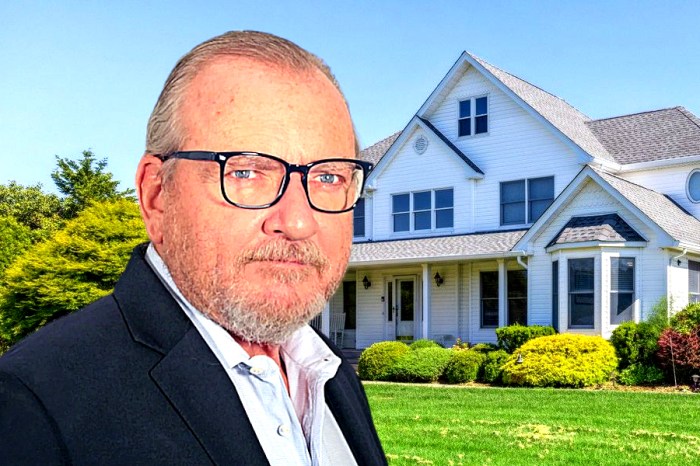Among the many nonprofit organizations that feel the stress of inflation on their day-to-day operations, group homes serving individuals with special needs have struggled to maintain their staffing without proper aid from the state.
Direct support professionals are especially hard to hire, as many private non-profits do not have the ability to offer competitive salaries higher than minimum wage, said Matt Zebatto, the CEO of Life’s WORC, which serves over 2,000 residents in 45 home across Nassau, Suffolk, Queens and Manhattan.
The agency, one of the oldest in the state, was established 54 years ago by Schneps Media Publisher Victoria Schneps.
Zebatto said the low wages make the organizations’ recruitment difficult, as many state-operated agencies offer higher compensation to their employees.
The work that these professionals do, Zebatto said, is “demanding.” Whether it be changing adult diapers, restraining someone who is having a seizure or administering medication, he said the role is “a big ask for $18 an hour given the cost of living.”
While former employees had joined the field for “more than a paycheck,” Zebatto said the cost of living increases have made compensation a heard factor to ignore. He said many of Life’s WORC’s direct support professionals have two or three jobs to make ends meet.
“It’s so difficult to hire direct service professionals, those people that work directly with people with developmental disabilities in our group homes, in our day programs, in our schools, in our nursing homes,” said Walter Stockton, the president and CEO of Kinexion Network, which comprises seven organizations that provide lifetime support for those with disabilities in Nassau and Suffolk.
Stockton said he has been involved in the industry for over 50 years and founded the Independent Group Home Living Program, which is now under the umbrella of Kinexion. Stockton said state funding has posed a challenge for the organization since it cannot fund a competitive staff salary while also covering the increasing costs of energy, food, supplies and business expenses.
Stockton said Kinexion has approximately 3,000 direct support professionals and currently has about 350 vacancies within those positions. Because the organization doesn’t have enough people to fill all of the positions and recruitment poses a challenge, employees in those positions are often working long hours, he said.
Similarly, Zebatto said there are approximately 600 direct support professionals at Life’s WORC, though the company operates with “significant vacancies.”
Stockton said hiring is made more difficult by the fact that the state operates similar programming and can afford to pay the same positions approximately 40% more.
In an opinion piece previously published in Schneps Media Long Island papers, Zebatto said the inequity in pay at private non-profits is “made even more disturbing” by the fact that at Life’s WORC, 90% of entry-level positions are occupied by minorities and 74% are occupied by women. Zebatto said in his op-ed that these entry-level employees do the same work as state-operated agencies for less and they perform more challenging work than other minimum-wage employees, like retail employees, for the same amount.
Stockton said direct support professionals are entry-level positions and employees receive training from Kinexion before starting. Once in the role, he said there is opportunity to “move ahead” in the field in manager, clinical and nursing positions.
“We just have to find them to get them in the door,” he said.
A solution to the problem, Zebatto said, is a “steep hill to climb.” He hopes the state addresses the wage inequity as well as professionalizing the industry through training and equipment. He said the costs of equipment are another trial that non-profits face.
“If we do not adjust this unfair pay scale, there will be a mass exodus of front-line workers, posing a danger to the individuals in our homes and programs,” Zebatto said in his op-ed.


































